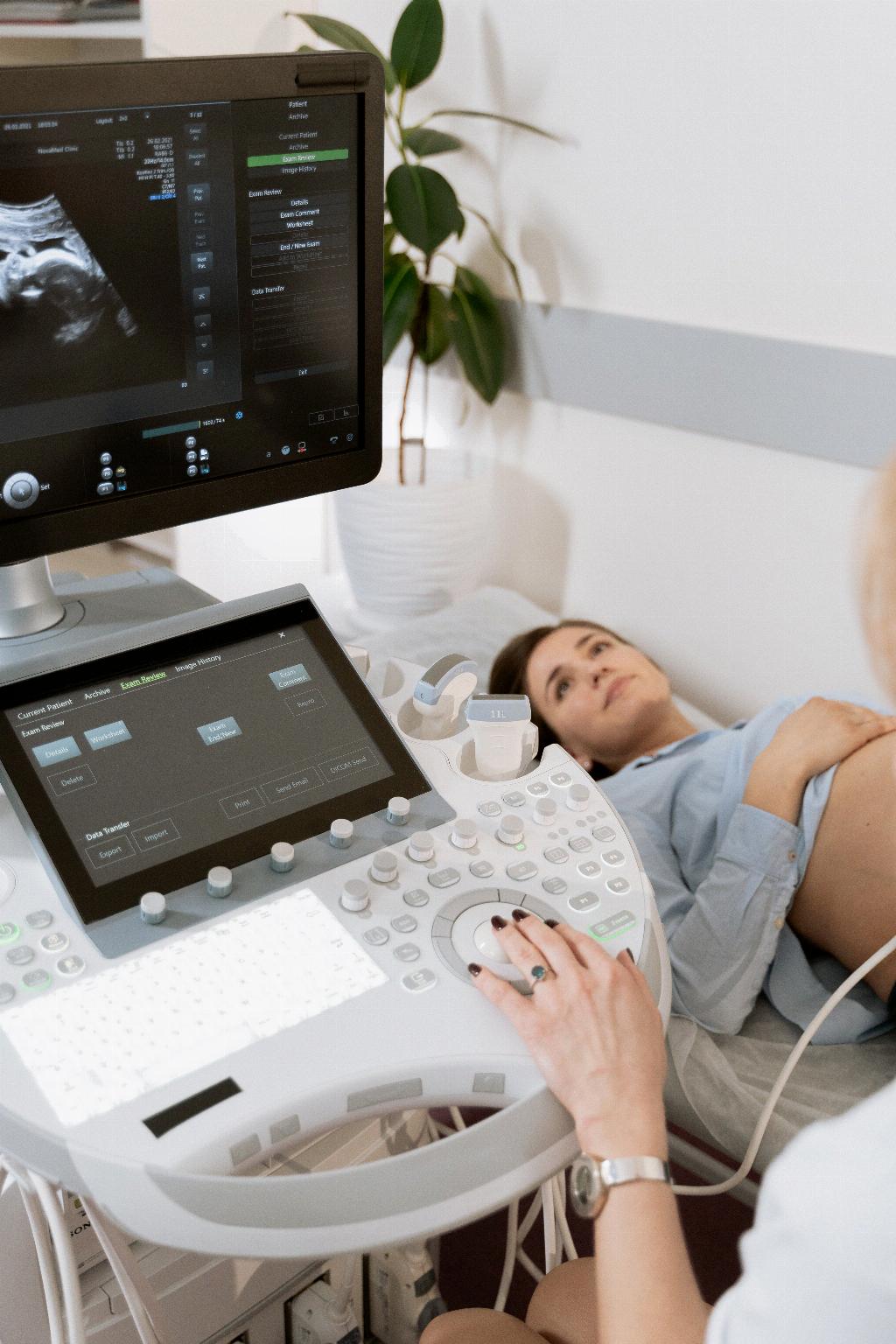When it comes to pregnancy testing, a false negative result can be confusing and concerning, especially if you are experiencing symptoms that suggest you may be pregnant. One common question that many people have is whether it is possible to receive a false negative result on a pregnancy test one week after a missed period.
The Role of hCG in Pregnancy Testing
Human Chorionic Gonadotropin (hCG) is a hormone that is produced by the cells surrounding a growing embryo. This hormone is what pregnancy tests detect to determine if you are pregnant. In the early stages of pregnancy, hCG levels are still relatively low, and it takes time for them to rise to a point where they can be detected by a pregnancy test.
Timing and Accuracy of Pregnancy Tests
Most pregnancy tests on the market recommend testing on the day of your missed period or later for the most accurate results. Testing too early, such as one week before your missed period, may not give you an accurate result due to low hCG levels.
Potential Reasons for False Negative Results
There are several factors that can contribute to receiving a false negative pregnancy test result, especially when testing early. One common reason is testing too soon before your hCG levels have had a chance to rise to detectable levels. In some cases, improper testing techniques or use of expired tests can also lead to false negatives.
Accuracy of Different Types of Pregnancy Tests
It is important to note that the sensitivity of different pregnancy tests can vary. Some tests are more sensitive and can detect lower levels of hCG earlier in pregnancy, while others may require higher hCG levels to produce a positive result. Using a highly sensitive test can increase the chances of receiving an accurate result.
Consulting with a Healthcare Provider
If you have received a negative result on a pregnancy test one week after a missed period but still suspect you may be pregnant, it is advisable to consult with a healthcare provider. They can perform a blood test that measures hCG levels more accurately and help determine if you are pregnant.
Other Possible Explanations for Symptoms
It is also important to consider that symptoms typically associated with pregnancy, such as fatigue, nausea, and breast tenderness, can be caused by other factors unrelated to pregnancy. Stress, hormonal imbalances, or other medical conditions can also mimic early pregnancy symptoms.
Waiting and Retesting
If you receive a negative result on a pregnancy test one week after a missed period but still have not started your period and suspect you may be pregnant, it may be advisable to wait a few more days and retest. This allows more time for hCG levels to rise and increase the accuracy of the result.
Considering Factors That Can Affect Test Results
Factors such as medications, medical conditions, age, and timing of intercourse can also impact the accuracy of pregnancy test results. It is essential to consider all these factors when interpreting the results and deciding on the next steps.
Emotional Impact of False Negative Results
Receiving a false negative result on a pregnancy test can be emotionally challenging, especially if you have been trying to conceive or had hopes of being pregnant. It is essential to take care of your emotional well-being and seek support if needed during this time.
Final Thoughts
While it is possible to receive a false negative result on a pregnancy test one week after a missed period, it is essential to consider timing, test sensitivity, and other factors that can influence the accuracy of the results. Consulting with a healthcare provider and being patient while waiting to retest can help provide clarity and guidance in this situation.

